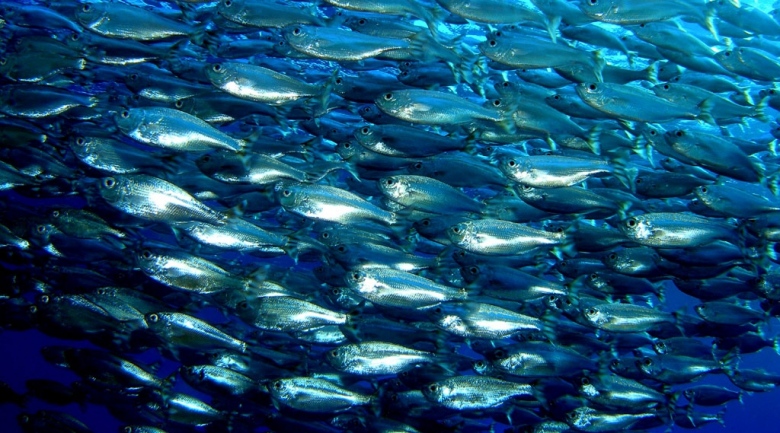
Whether it’s the economics of clean energy, the politics of Washington or claims over the severity of the problem itself, the debate over climate change is loud and crowded. One aspect that often goes overlooked is the Southern Ocean ringing Antarctica at the bottom of the globe. But that, says Jorge Sarmiento, is about to change.
"In terms of bio-production in the ocean and the impact of climate change, it turns out the Southern Ocean is super critical," said Sarmiento, Princeton’s George J. Magee Professor of Geoscience and Geological Engineering and an associated faculty member of the Princeton Environmental Institute (PEI). "It may hold many keys to more fully understanding the science behind all of this. I’d say it’s a revolutionary time for this type of study."
Since joining Princeton’s faculty in 1980, Sarmiento has studied the vital role Earth’s oceans play in the complex biochemical process through which carbon is exchanged among water, soil and atmosphere.
"When I first got interested in the carbon cycle around 1984, I figured I’d spend a few years on it and move on to something else, because that’s the way my career had been up to that point," he said. "But the more research I did, the more I found the Earth’s carbon system to be a font of eternal stimulation. Every time I thought I had solved one problem, something new would pop up. My curiosity really couldn’t be satisfied."
Sarmiento, who is also director of the University’s Program in Atmospheric and Oceanic Sciences, has studied how the ocean absorbs and recycles carbon dioxide produced by deforestation and fossil fuels. His work has had implications for a range of concerns, such as the future sustainability of fisheries to improving predictive models that allow us to anticipate how nutrient cycles and biological life respond to climate change.
He has been involved with the Carbon Mitigation Initiative (CMI), a collaboration begun in 2000 between PEI and BP that brings together scientists, engineers and policy experts to design carbon mitigation strategies that are safe, effective and affordable.
"I think there’s a real deep appreciation for the value of the scientific backbone behind understanding these things and the way that understanding can lead to finding and advocating for solutions," Sarmiento said. "That’s a real strength of CMI."
